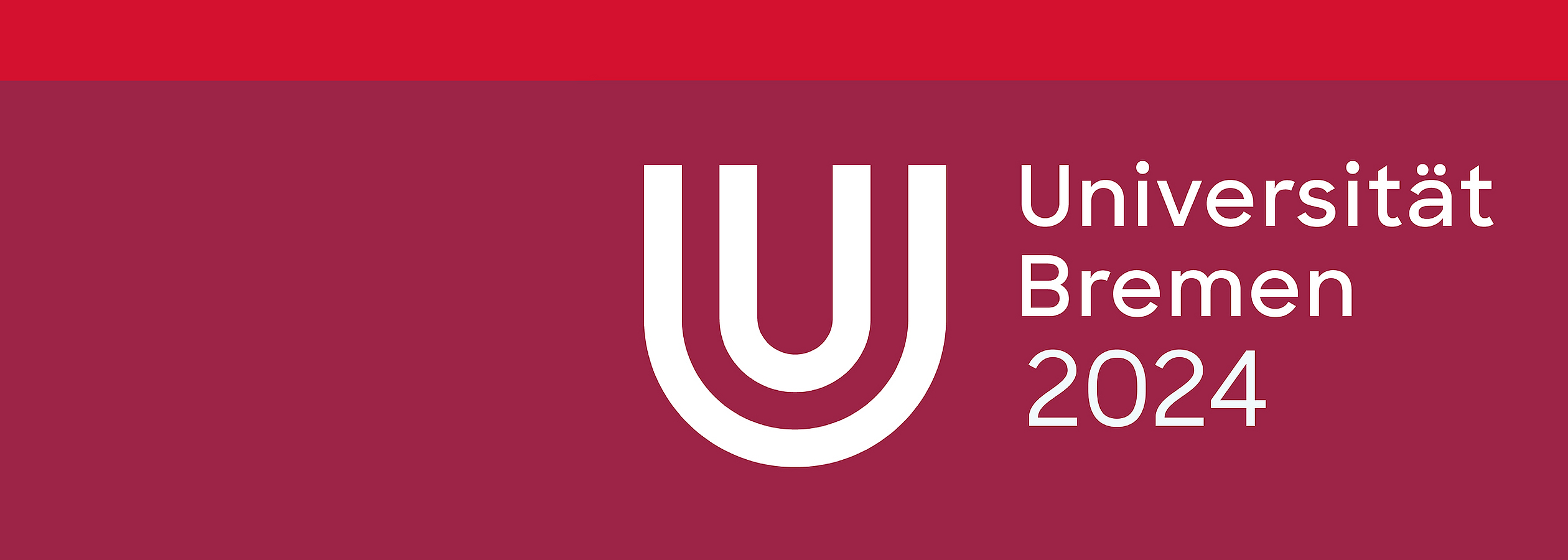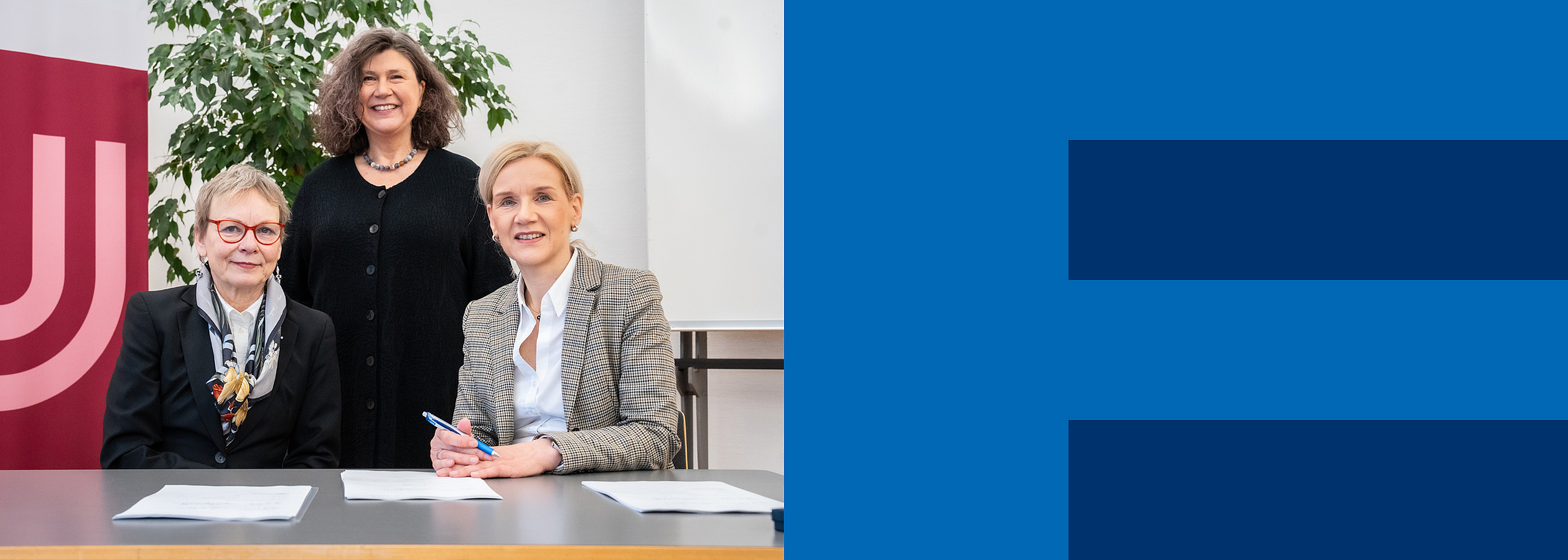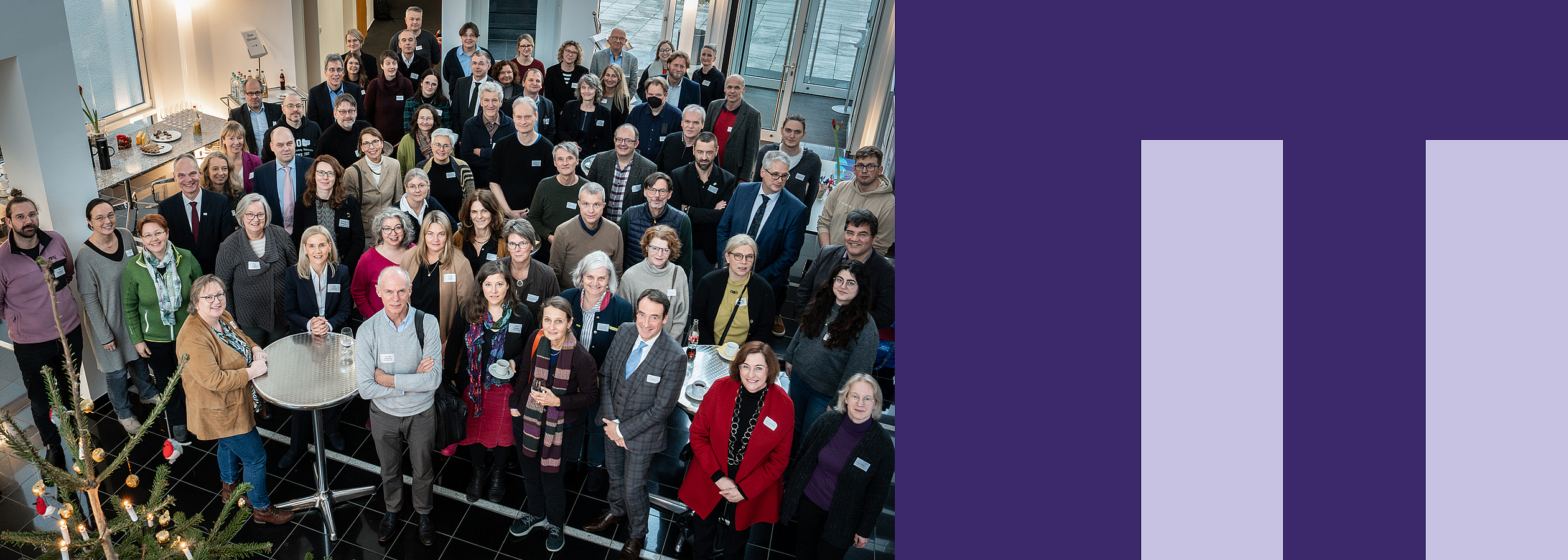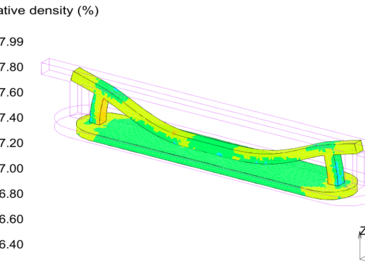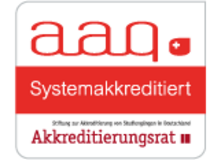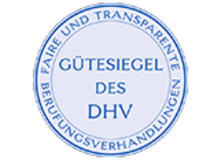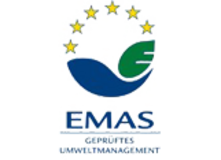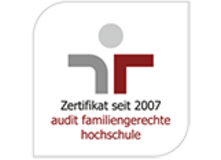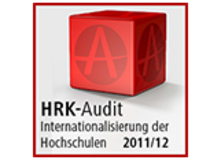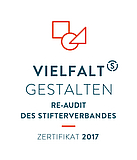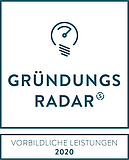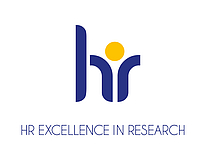Shahrooz Sadeghi Borujeni, Anwar Shad, Kiranmayi Abburi Venkata, Nico Günther, Vasily Ploshikhin
Materials and Design 216(5):110490 (2022)
Sintering, as a post-processing step in metal binder jetting (MBJ), often results in distortion. Numerical simulations can predict sintering distortion and minimize costly trial-and-error experiments. The present paper implements a numerical approach based on a phenomenological model of sintering to capture the creep deformation during free sintering. To qualify and calibrate the material model for MBJ, metallographic studies, dilatometry experiments, and viscosity measurements are carried out instead of empirical models for viscosity and sinter stress. Using the calibrated material model, final sintering distortions are predicted in two industry-relevant parts. The reproducibility of MBJ products is illustrated by manufacturing seven specimens for each geometry, and a statistical method to evaluate the simulations’ accuracy is suggested. The predictions have a good agreement with experimental results, particularly for specimens with a lower build height. As the build height increases in MBJ specimens, the number of interlayer gaps in the build direction grows, resulting in anisotropic densification. This causes a lower prediction accuracy under isotropic shrinkage assumption, especially in overhang areas. Consideration of anisotropic shrinkage and heterogeneous density distribution of green parts in sintering simulation is essential to improve the accuracy of sintering predictions for MBJ components.

